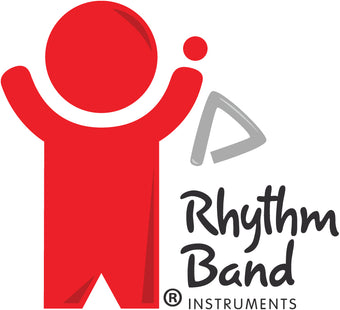Here are 3 relatively quick and easy things you can do to help prepare for next year that won’t zap your entire summer break!
1. What Worked/What Didn’t
I like to take time during the summer and reflect on lessons that worked or didn’t work to see if I would like to use them again in the coming year. I am not a fan of reinventing the wheel and if I can reuse a lesson or two, this saves time and energy, which we all know teachers need! I make a list by grade level and concept and simply jot down which lessons worked and keep those and literally trash the ones that didn’t or re-work them to try again this coming year. Hopefully, you’ve reflected throughout the year on your lessons and this will just simply be a time to sort through and organize your thoughts.
2. Read a New Curriculum Guide/Book
I love attending workshops and playing for professional development, don’t misunderstand me, but I also like to grab a curriculum guide or a new book and read through it over the summer in addition to professional development. This is my time to dig in, reflect, and apply what I’m reading about to my classroom. This keeps me fresh on what is new in the profession and I can add some new tools to my toolbox. I’m a firm believer that a great teacher is an even better student and never stops learning!
3. Plan the First Three Weeks
Sure, you can plan for the entire year, but do you know your kindergartners yet? Do you know if Mrs. Sunshine’s class is going to be a ray of sunshine or a stormy cloud? Of course you don’t, so planning the entire year can lead to re-planning later. I’m not saying to not have a scope and sequence in place if your district doesn’t provide one, or to not have the national standards under your thumb, but fleshing out plans for the first three weeks of school is a great start.
A. The first week of school you spend teaching procedure. Plan lessons that will do a little bit of everything: movement, singing, instruments, games, etc., so you can use this time to either refresh your older students of how things run in your room and to teach your newbies how to be in your room. Of course, kindergarten is going to be an entirely different ballgame, so you need to plan accordingly for them, but plan to teach them everything! Literally, everything. Students thrive on structure and routine and you will thank yourself later for teaching every single procedure. I choose three weeks because the first week I spend surviving, I mean, teaching how to come into the room, general rules and procedures, safety drills, and how to line up, all done in a fun way, while making music.
B. The second week, we quickly review rules and procedures, then add something new, like instruments or a game, to learn or reinforce those procedures and rules.
C. By the third week, the expectation for my first through fifth graders is that they return to work and making music as if the summer never happened and we just keep on going. For kindergarten, we are still celebrating that we remembered our spots and when to raise our hand and the difference between a question and a story and are teaching procedures while learning about our different types of voices.
Beyond week three is such a mystery to try to plan during the summer. I plan the next three weeks usually during the second week of school and so on, throughout the year, once I get to know my kids, performance schedule, and the intricacies of each class. Not to stress anyone out, but it’s time to start thinking about the year ahead. In August, I’ll share my list of procedures and routines to help start the school year. Remember, if you ever have any questions or just want to talk about teaching, all you have to do is ask @ askabyrd@gmail.com!

